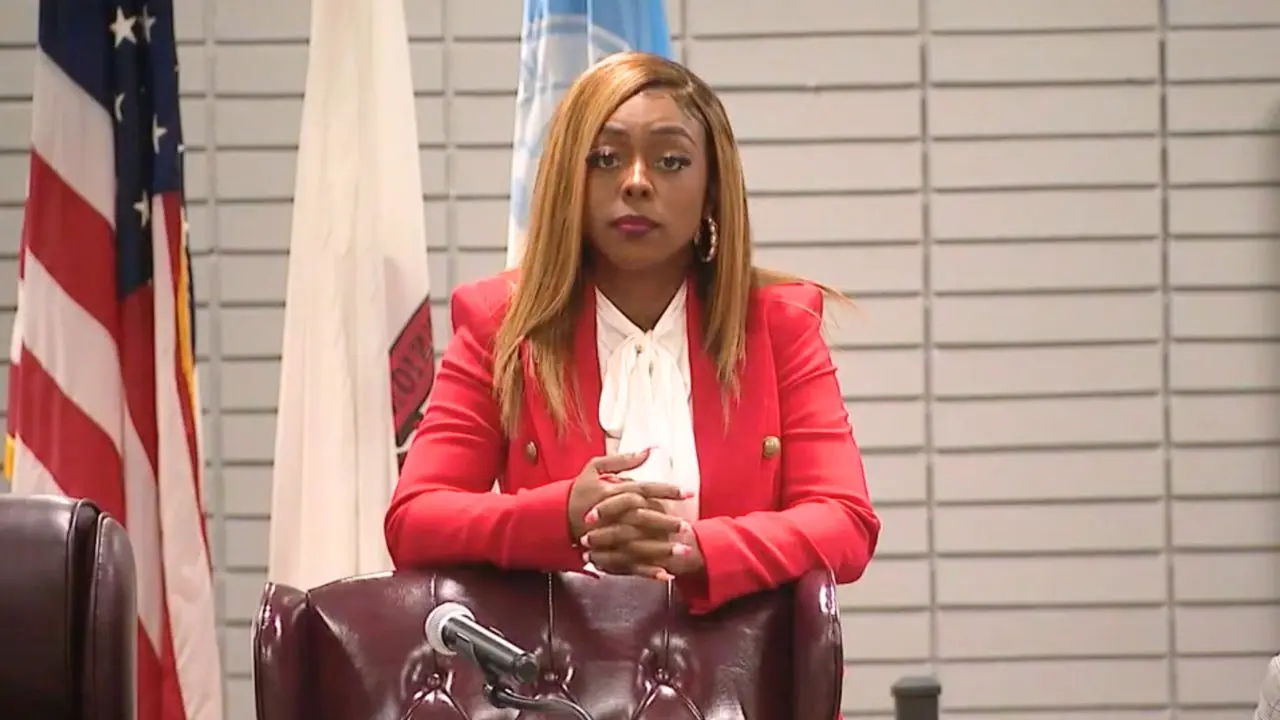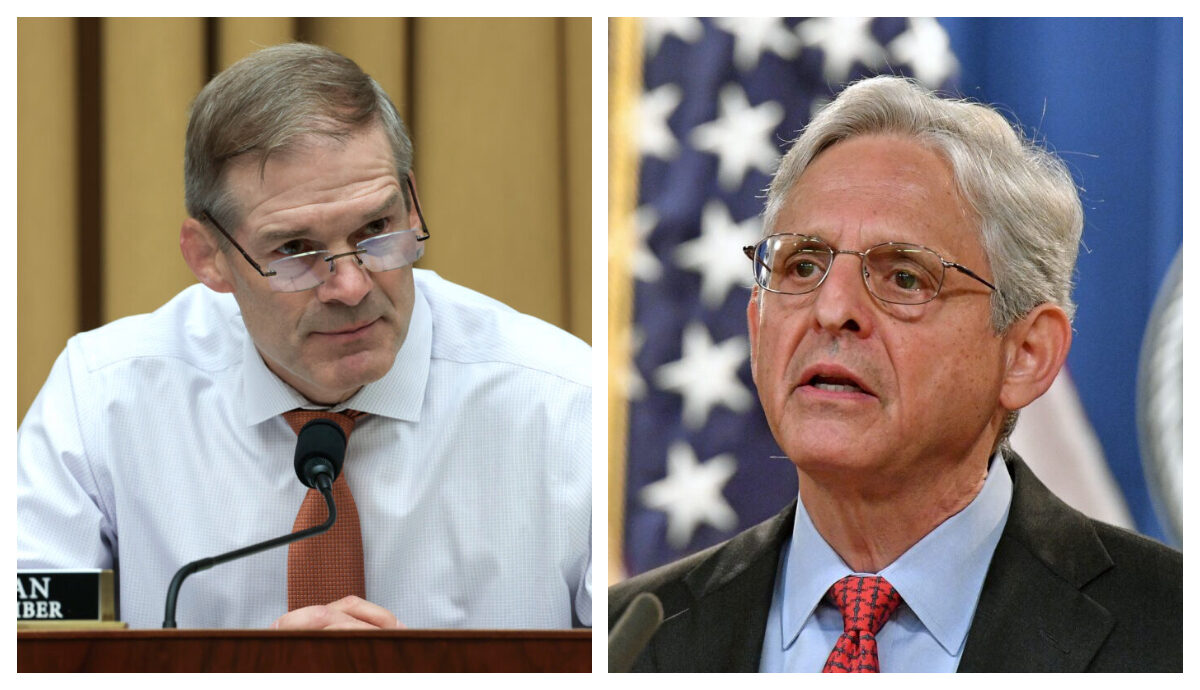
The Department of Justice (DOJ) rejected a House Republican request to disclose information connected to the FBI’s search and raid of former President Donald Trump’s Mar-a-Lago last August for alleged classified documents.
House Judiciary Chairman Jim Jordan (R-Ohio) had requested the information in a letter sent to the DOJ, asking for information about the classified materials that were discovered in the search. That included communications between the FBI’s Washington office and the U.S. Secret Service.
On Friday, the DOJ rejected (pdf) Jordan’s request and argued that it couldn’t provide “non-public information about an ongoing criminal investigation and prosecution by a Special Counsel.”
“Protecting the confidentiality of non-public information regarding investigations and prosecutions preserves the American people’s confidence in the evenhanded administration of justice by guarding against the appearance of political pressure or other improper attempts to influence Department decisions,” Assistant Attorney General Carlos Uriarte wrote in a letter to Jordan.
In his letter earlier this month, the House GOP chairman asked Attorney General Merrick Garland to provide information about who is working on the Trump case. The request came before Trump was indicted on charges related to special counsel Jack Smith’s probe into whether the former president mishandled classified documents.
The Judiciary Committee “previously requested information and documents related to the FBI’s raid on President Trump’s residence and its subsequent investigation,” Jordan’s letter (pdf) to Garland stated. “Because you have not provided this information, and in light of your appointment of Jack Smith as special counsel, we write to request an unredacted copy of the memorandum outlining the scope of Mr. Smith’s probes regarding President Trump and any supporting documentation related to his appointment as special counsel.”
Jordan sought a memo that outlines the scope of Smith’s investigation or “any other document describing, listing, or delineating the authority and jurisdiction of the special counsel,” according to his letter. He gave the DOJ until June 20 to hand over the material.
“Special Counsel matters are subject to specific regulations regarding the Special Counsel’s appointment and independence,” Uriarte wrote on Friday. “Additionally, the Special Counsel regulations establish procedures for disclosing certain information to Congress at the onset and conclusion of a Special Counsel investigation, including an explanation of any instances in which the Attorney General concluded that a proposed action by the Special Counsel should not be pursued because it was so inappropriate or unwarranted under established Departmental practices.”
Uriarte also made reference to the recent indictment against Trump as providing detailed information about the investigation and the charges that were brought against him. Trump pleaded not guilty in a Miami federal courthouse last week to dozens of counts related to the classified documents case.
The GOP chairman’s request for documents came after the release of a report from special counsel John Durham, who investigated the FBI’s opening of a probe into whether Trump colluded with the Russian government during the 2016 election. Durham was critical of the FBI’s decision-making process and said the investigation should have never started in the first place.
After the DOJ’s response, Jordan has not issued a public comment. In comments to reporters on Friday about whether he’ll issue a subpoena to Garland, Jordan did not say.
“We’ll wait and see what happens on Friday,” he told Straight Arrow News. Other members of the House Judiciary Committee said that Jordan will likely issue a subpoena.
“It has been the policy of Chairman Jordan, and Chairman Comer for that matter, to attempt to get voluntary compliance through negotiation. If he is unable to get it, I have little doubt but that he would be forced to use subpoena power,” Rep. Darrell Issa (R-Calif.) told the outlet.
Developments in Case
The DOJ letter came as U.S. district judge Aileen Cannon handed down an order instructing all parties involved to obtain security clearances for lawyers who will need them. The order appears to emphasize the sensitivity of the case as it is dealing with classified materials that a president could access.
“On or before June 16, 2023, all attorneys of record and forthcoming attorneys of record shall contact the Litigation Security Group of the U.S. Department of Justice, if they have not done so already, to expedite the necessary clearance process for all team members anticipated to participate in this matter, and thereafter file a Notice of Compliance” no later than June 20, Cannon wrote.
Over the past week, Cannon has faced significant pressure and criticism from mainstream media outlets, claiming that because she was appointed by Trump, the judge would act in a biased manner that favors the former commander-in-chief. Some Democratic lawmakers, too, called on the judge to recuse herself in the case.
Notably, in August 2022, Cannon barred Justice Department investigators from using classified documents that were obtained during an FBI raid targeting Trump’s Mar-a-Lago resort until a special master could review the materials. Cannon said at the time that Trump could suffer “reputational harm” from the search, appearing to make note of leaks to the mainstream media about Trump-related investigations.

















































